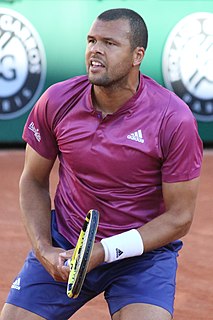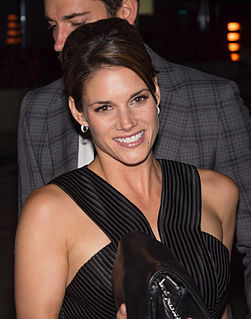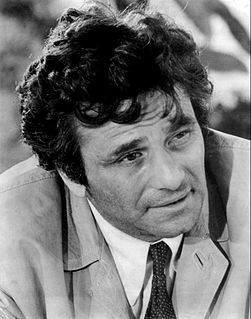A Quote by Jo-Wilfried Tsonga
We can all play on the court and share the courts with the girls.
Related Quotes
The problem is not the claycourt. The problem is, you know, rather something to do with the conditions on center court. Because I've played well on Suzanne Lenglen, on the other courts. But the Chatrier court is really, really big, and I just haven't had enough play on it. Maybe I come here next year and play a week on this court, if I can, if the French Federation lets me. We'll see. I've been playing well in other tournaments, in Davis Cup on clay. So for me it's not the surface, it's rather maybe the court.
I would sooner receive injustice in the Queen's courts than justice in a foreign court. I hold that man or woman to be a scoundrel who goes abroad to a foreign court to have the judgments of the Queen's courts overturned, the actions of her Government countermanded or the legislation of Parliament struck down.
Gorsuch, who is a U.S. Supreme Court nominee in the United States, said the real test of law is when a government can lose in its own courts and still respect the order. And I think Canadian need to ask is why would Canada, if it's doing everything right, why wouldn't you want to be watched? If they are contesting the fact that their own courts don't have jurisdiction over the government's human rights violations, then our next step is to go to federal court and find the federal government that can come to court and we will do that.
Let's put it in perspective at the United States Supreme Court, which hears maybe 60 cases a year, most of the cases are resolved without much dispute. The 10 or 15 that are controversial we all know about, and we hear about. The federal courts hear just a tiny sliver of the cases that go to court in this country. Most of the cases are in the state courts. And most legal issues never go to court. So, the legal system is actually not in jeopardy. At the same time, access to law is in jeopardy.
I often wonder whether we do not rest our hopes too much upon constitutions, upon law and upon courts. These are false hopes, believe me, these are false hopes. Liberty lies in the hearts of men and women; when it dies there, no constitution, no law, no court can save it; no constitution, no law, no court can even do much to help it. While it lies there it needs no constitution, no law, no courts to save it.






































